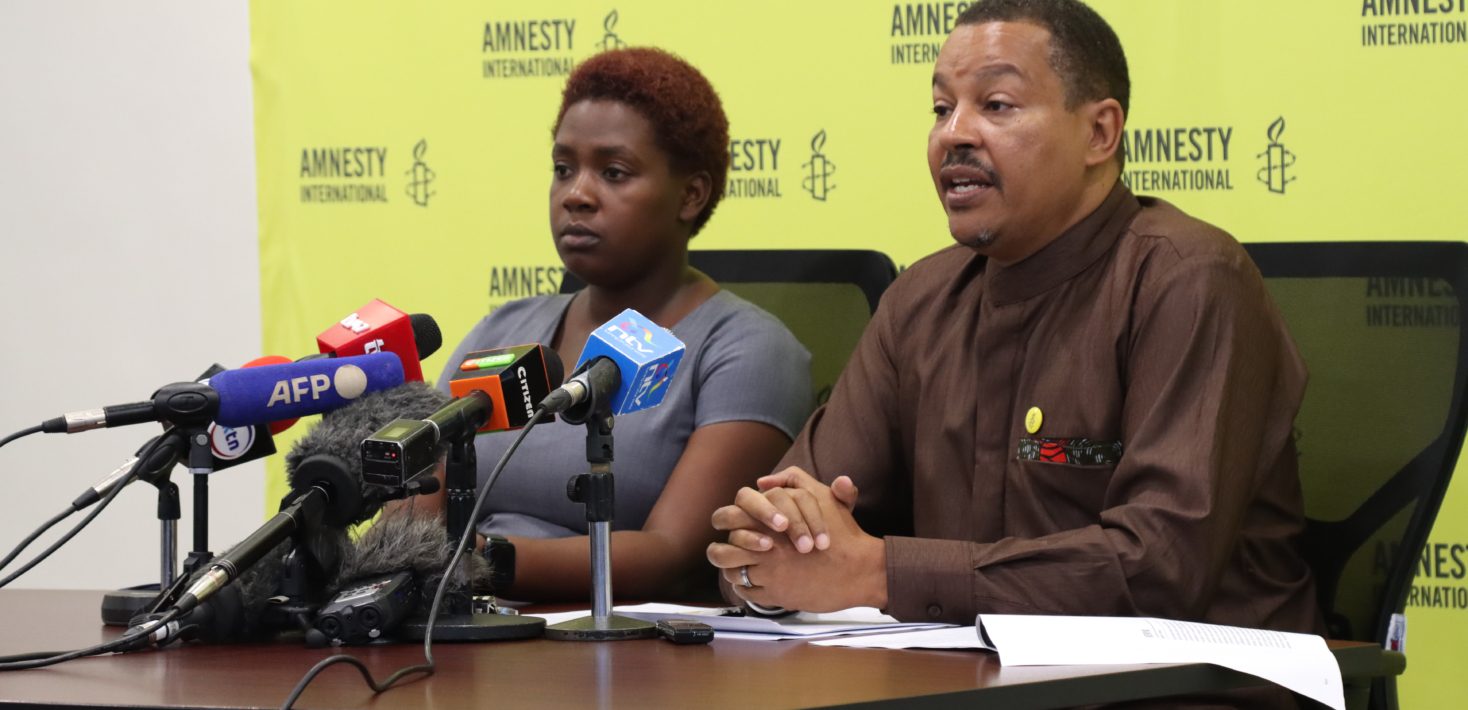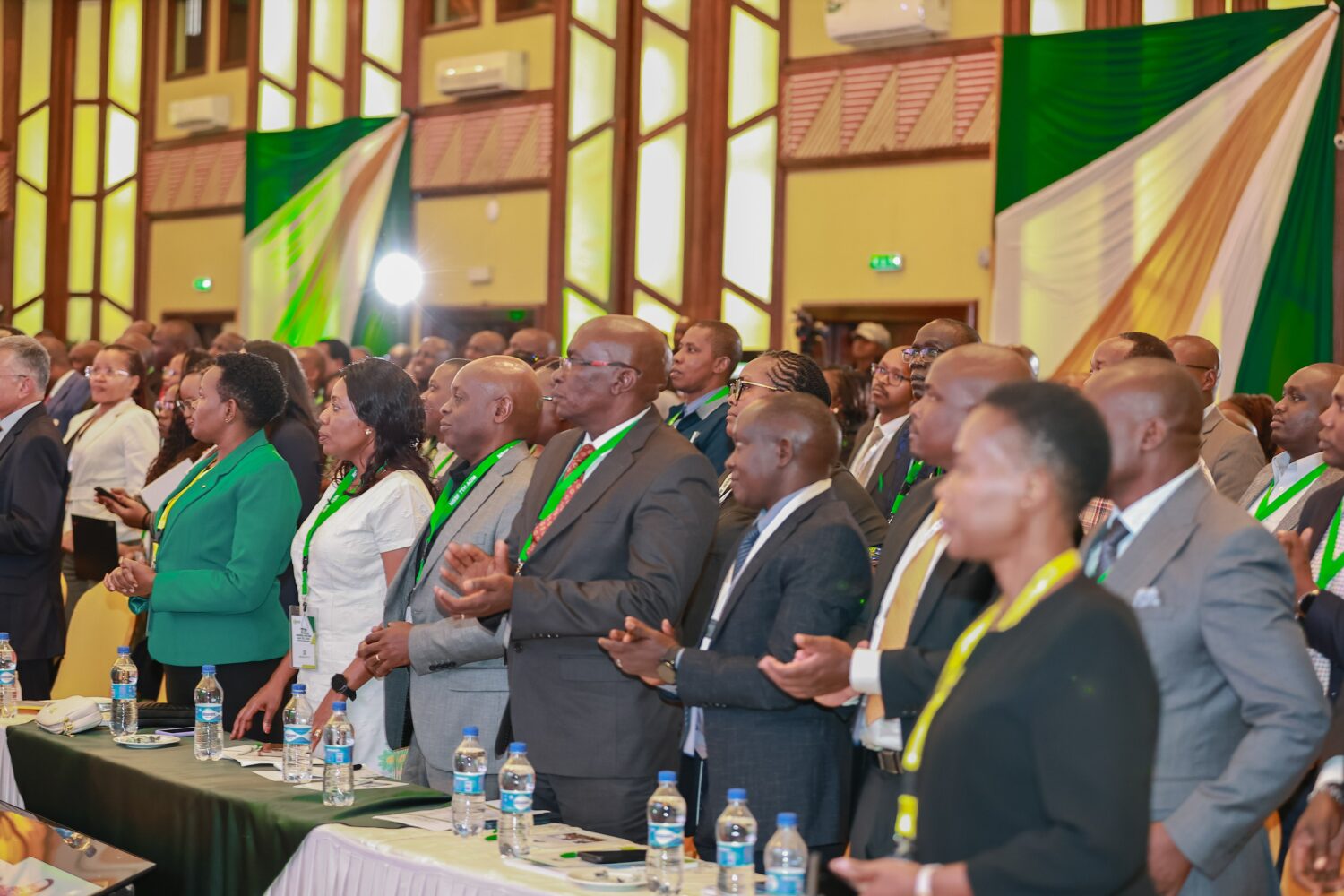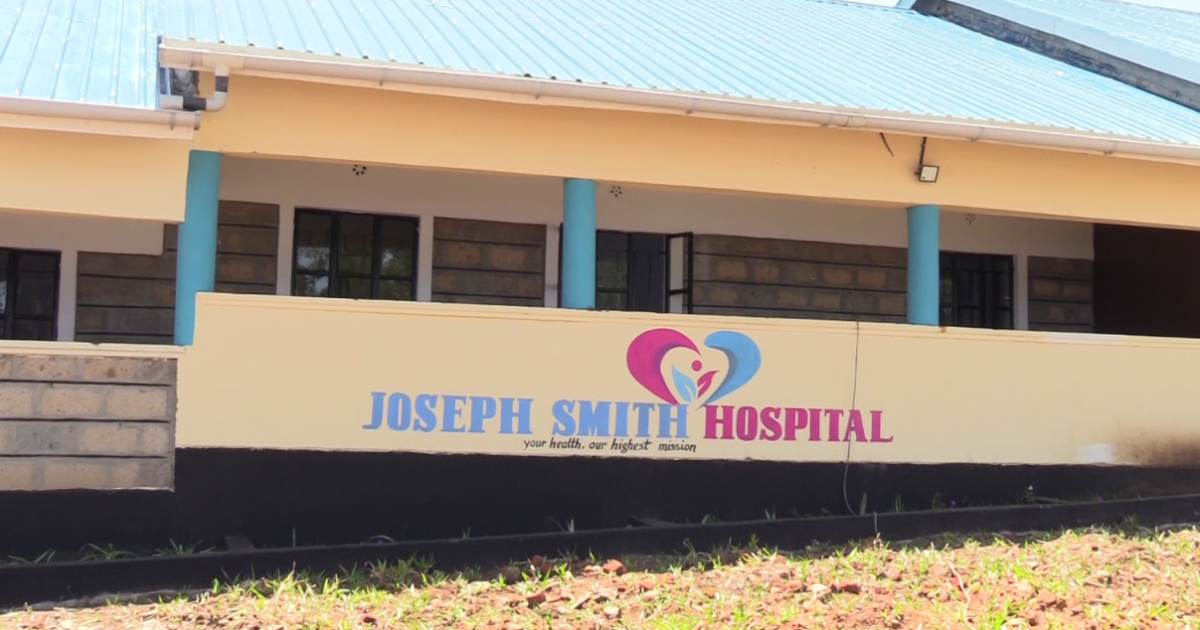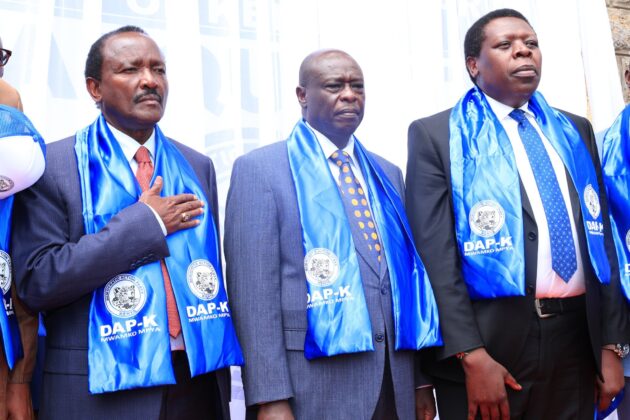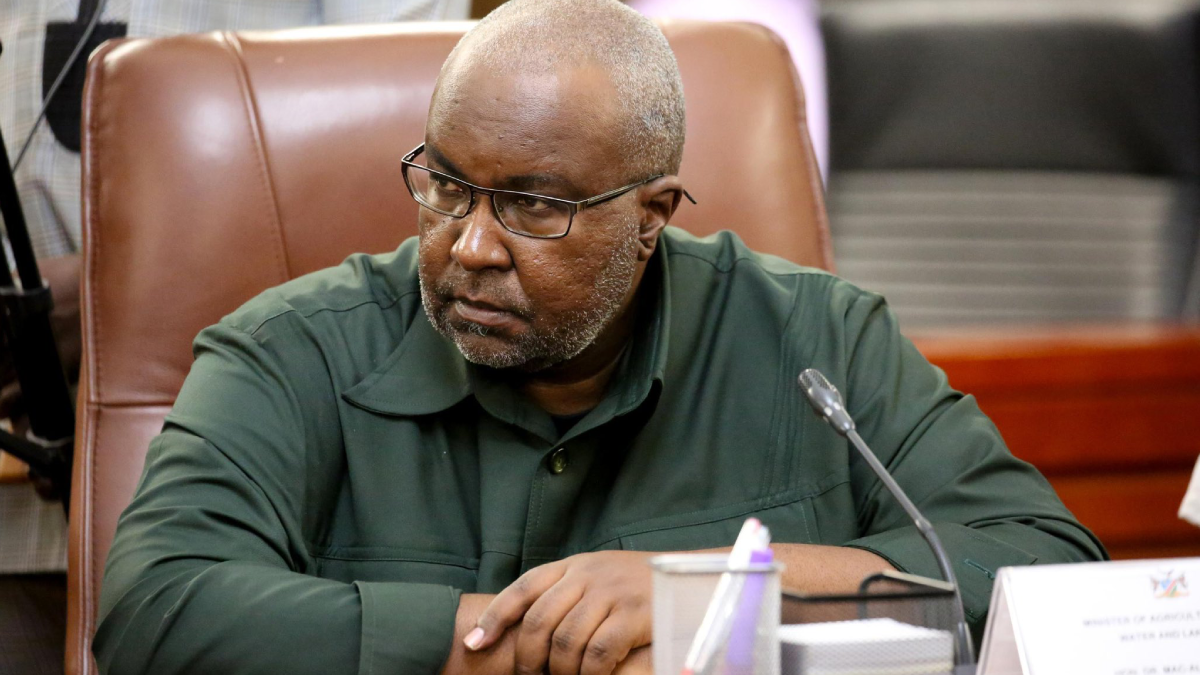Amnesty International Kenya has issued a stark warning against what it describes as the growing authoritarian tendencies of the Kenyan state, citing widespread human rights violations in its newly released 2024/25 State of the World’s Human Rights Report.
The report, launched in Nairobi over the weekend, paints a grim picture of escalating state repression, police brutality, forced disappearances and suppression of fundamental freedoms throughout 2024.
“There’s an urgent need for public accountability and structural reform. Kenya is sliding into authoritarianism,” said Irũngũ Houghton, Amnesty International Kenya Section Director. “We are witnessing the erosion of constitutional rights that Kenyans fought hard to secure.”
June 25 Protest: A turning point
The report zeroes in on the deadly events of June 25, 2024, when thousands of young Kenyans — mostly Gen Z — took to the streets in peaceful protest against the Finance Bill 2024. The bill proposed tax hikes despite an already surging cost of living.
Amnesty confirms that at least 65 protesters were killed, 89 forcibly disappeared and thousands arbitrarily detained. The state’s violent response extended online, where dissenters faced arrests, threats, hacked accounts and intimidation.
The release of BBC’s explosive documentary “Blood Parliament”, viewed by over a million people since yesterday, corroborates Amnesty’s earlier findings. The film identifies security officers allegedly responsible for shooting and killing Erickson Mutisya, David Chege and Eric Shieni inside Parliament premises.
Despite public outcry, no one has been held accountable nearly a year later.
“This culture of impunity must end,” Houghton declared. “We demand a public inquiry into the Parliament shootings and immediate action by the Office of the Director of Public Prosecutions.”
IPOA, KDF under scrutiny
Amnesty welcomed an investigative update by the Independent Policing Oversight Authority (IPOA) but pressed the Director of Public Prosecutions for transparency on the progress of prosecutions.
Furthermore, Amnesty called on the Kenya Defence Forces (KDF) to submit a comprehensive report to Parliament on their controversial deployment during the protests — a move required by law under Article 241(3)(b) of the Constitution.
Gender-based violence and evictions surge
The report also flagged a troubling spike in gender-based violence. By the end of 2024, 170 women had been killed, nearly double the previous year’s toll and five times more than in 2016.
“Femicide must be treated as a national emergency,” said Amnesty. “We urge swift action from the Gender, Arts and Heritage Ministry in line with recommendations from the EndFemicideKE alliance.”
In Nairobi’s informal settlements, over 6,000 homes were demolished amid floods in Mathare and Mukuru Kwa Njenga, displacing thousands in violation of the right to housing. Amnesty is urging the government to honor court orders and compensate affected families.
A Call to Parliament and the people
Amnesty also cautioned lawmakers against passing the controversial Assembly and Demonstration Bill (2024), which would tighten restrictions on public protests.
“We must not legislate repression,” said Houghton. “The Kenyan public has the right to peaceful assembly — a right embedded in the Constitution.”
Finally, Amnesty urged Kenyans to persist in demanding justice, accountability, and governance that upholds human dignity.
“Our call is simple: defend our democracy, protect our rights, and reject impunity,” Houghton concluded


